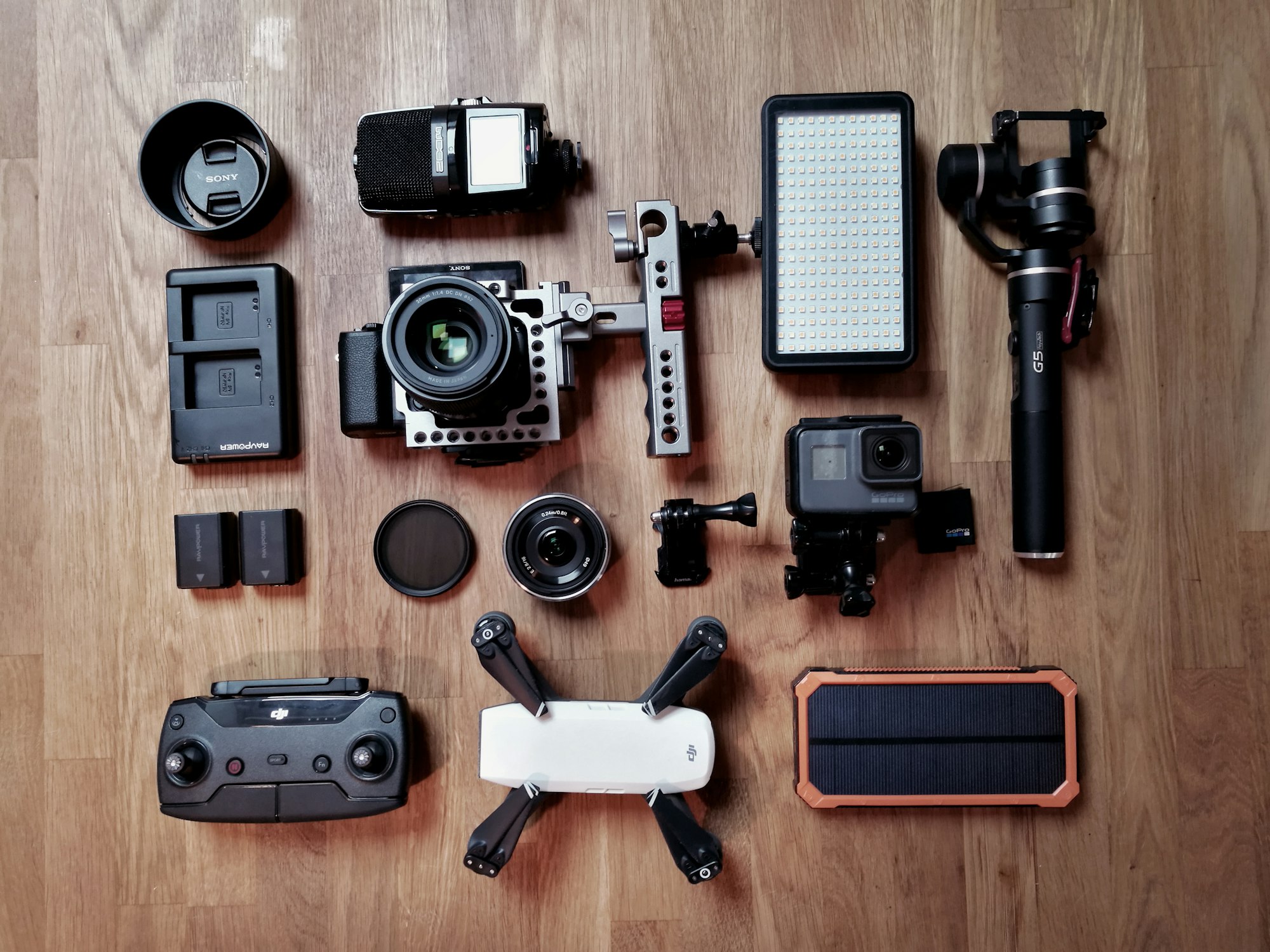Current assets are short-term assets that are easily convertible into cash within a year.
Equipment, however, isn’t meant to be sold but to perform specific tasks for a business, for an extended period of time.
That’s why equipment is NOT a current asset.
In fact, it’s the complete opposite: equipment is a non-current asset, recorded in a company’s balance sheet.
In this guide, we will go through everything you need to know about equipment in accounting, and why it can’t be considered a current asset.
Read on to learn about:
- What Is Equipment?
- Current Assets vs Non-Current Assets
- Is Equipment a Current Asset?
- Automate Accounting with Online Software
- Frequently Asked Questions
What Is Equipment?
Equipment is a tangible, fixed asset used to perform a certain task for a business. Common examples of equipment include machinery, office appliances, furniture, vehicles, and computers.
The cost of equipment is calculated by adding up the initial purchase price and any other import duties, or deductible discounts.
But how is this amount recorded in small business accounting? It depends on the basis of accounting.
The basis of accounting are two: cash and accrual.
In cash-basis, equipment is recorded right away, when payment is made.
With accrual-basis, which is more often used, revenue and expenses are recorded when they are earned and expensed, respectively, and not when payment is made. Equipment is expensed during its entire useful life through a method called depreciation.
Depreciation converts fixed assets like equipment into expenses, by devaluating them evenly over their expected lifetime.
For instance, say company XYZ purchases $10,000 worth of equipment when it first begins business. This equipment is expected to provide value for a 5 year time period.
With depreciation, $2,000 ($10,000/5 years) is expensed every year in order to match expenses with the time period they occur in.
Now, as you can see equipment isn’t a short-term investment that can be sold, but rather a long-term asset that provides value for an extended period of time.
That’s why equipment is a non-current asset, and can’t be considered a current one.
Current Assets vs Non-Current Assets
Current assets represent the value of those items that are expected to be used or converted into cash within a one year period. When a current asset is sold, it results in profit from trading.
Businesses rely on short-term assets to fund their day-to-day operating expenses. Some common examples include:
- Cash and cash equivalents
- Accounts receivable
- Marketable securities
- Inventory and supplies
- Any other short-term asset
Contrarily, non-current assets are long-term investments that are not meant to be sold, and will not be converted into cash within the year. They are the necessary resources a business needs to run its operations.
Non-current assets can be both tangible and intangible and include:
- Buildings
- Equipment
- Land
- Trademark and patents
Is Equipment a Current Asset?
As we have shown, equipment is not a current asset.
Current assets are short-term, and generate cash, whereas Equipment constitutes any technological means that are of long-term use for that business’s operations.
They’re listed under the “non-current asset” section of the balance sheet, along with land, building, and other intangible assets such as trademarks and patents.
Automate Accounting with Online Software
If you want to have full, instant, and easy access to all of your financial tools and data, you are in luck, because cloud accounting is finally here! With online accounting software you can do more for less.
Automate numerous accounting tasks such as recording journal entries, issuing invoices, creating credit memos, generating financial statements, sending Purchase Orders, and many more.
Access the software anytime, anywhere by simply downloading the Deskera mobile app on your phone, tablet, or desktop.
Experience the power of information and the ease of automated management tools now with a free trial. No credit card details required.
Frequently Asked Questions
#1. Are Current Assets Depreciated?
No, current assets can’t be depreciated, since they’re short-term items and expensed within the year.
Assets that can be depreciated include:
- Equipment
- Vehicles
- Buildings
#2. Is Inventory a Current Asset?
Inventory includes all of the goods that a business has in stock for commercial purposes. And since it’s intended to be used or sold within a 12-month period, it’s considered a current asset.
To learn more about why inventory is supposed to be sold within a year, head on over to our guide on Is Inventory a Current Asset?
#3. What’s the Difference Between Equipment and Machinery?
Machinery is part of business equipment.
A piece of machinery is an appliance designed to perform a specific task. Whereas equipment is the general term referring to all technology and tools belonging to the business.
Related Articles









